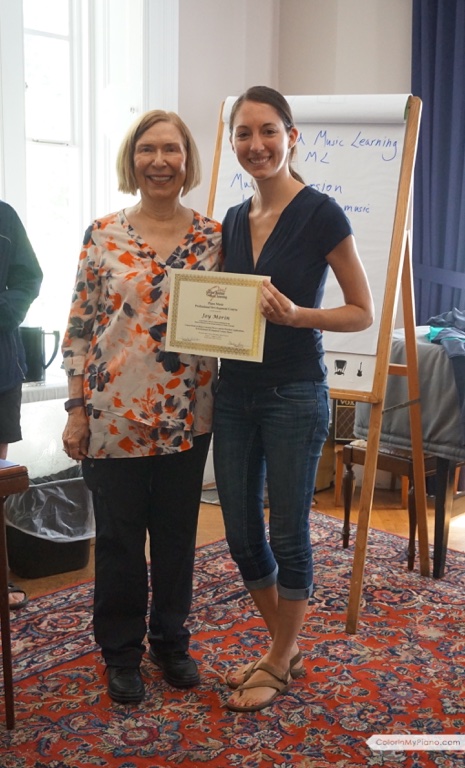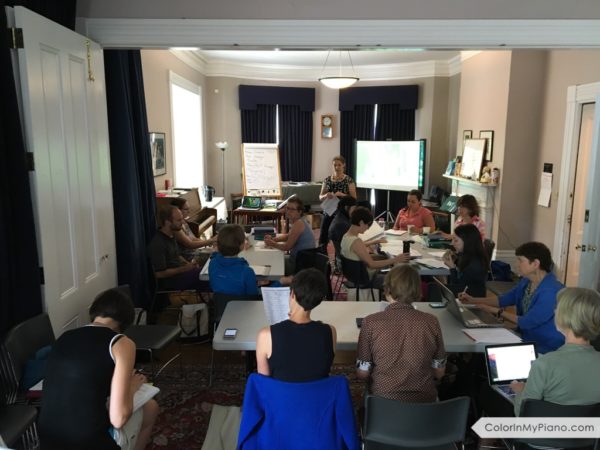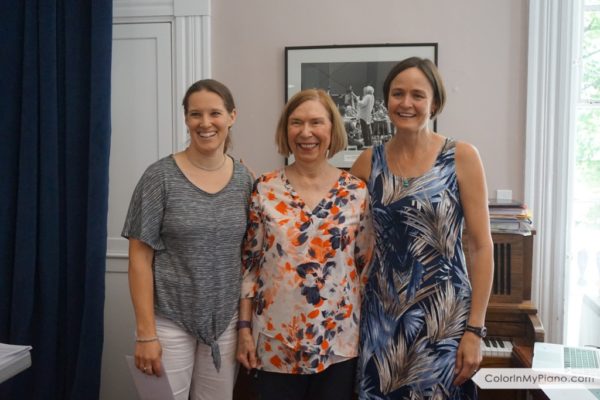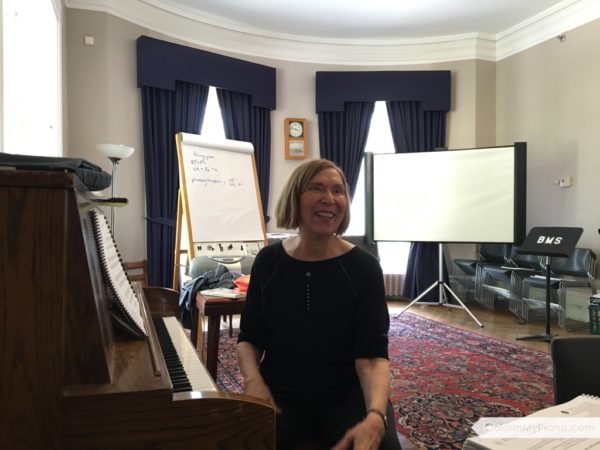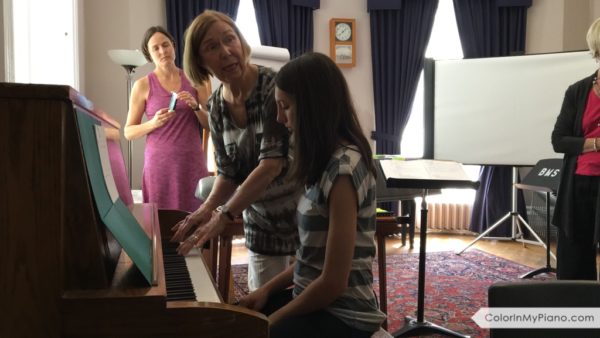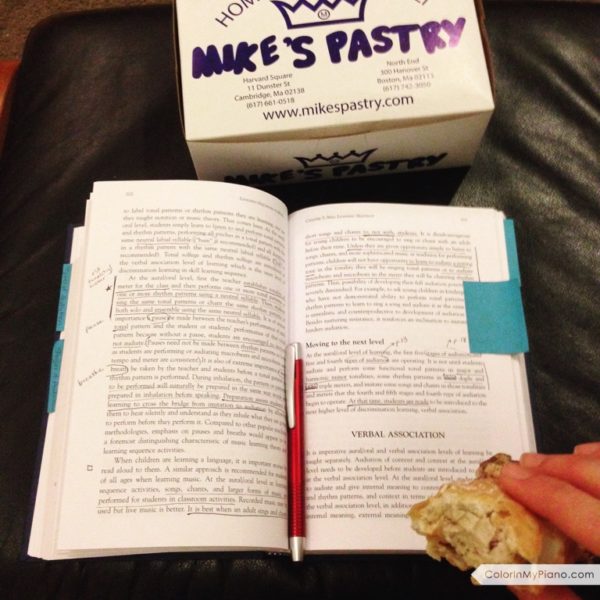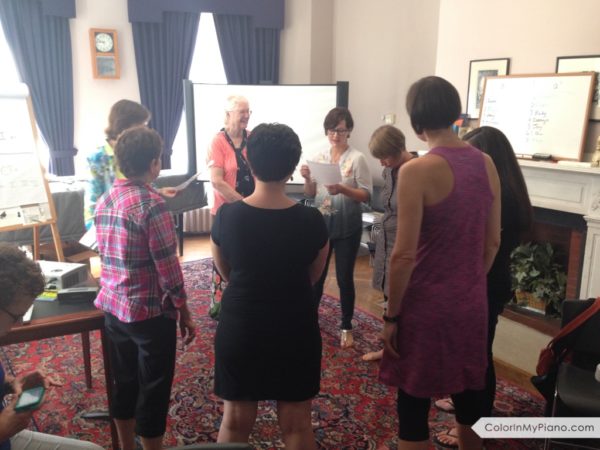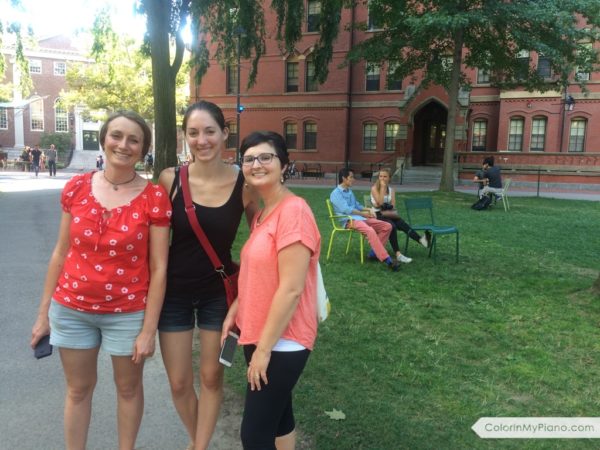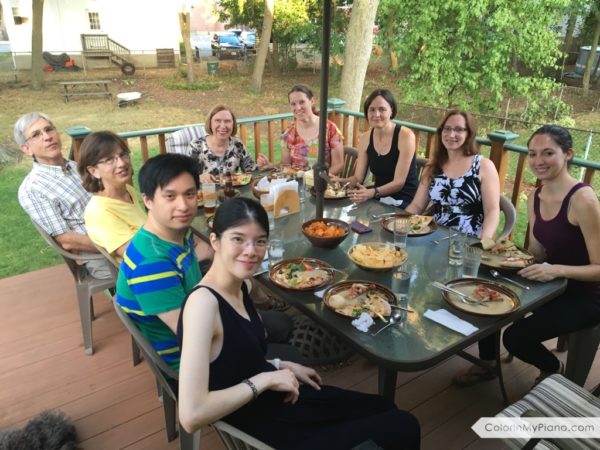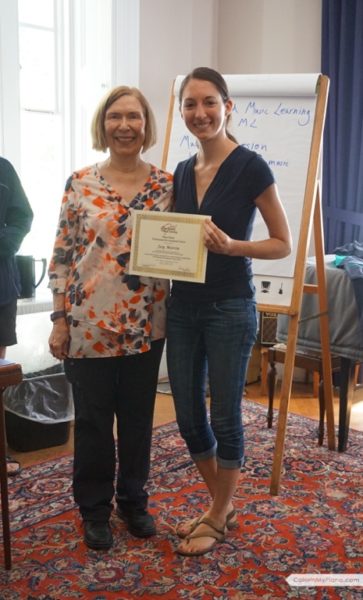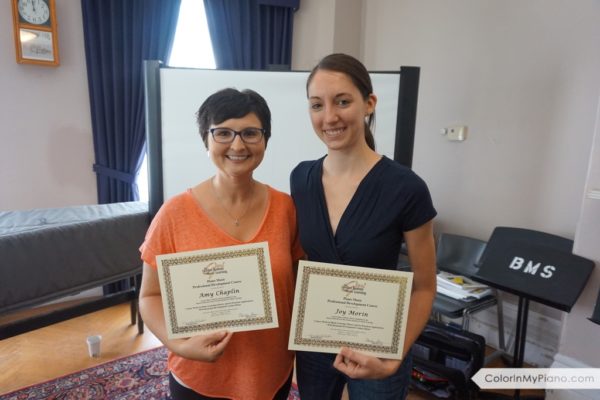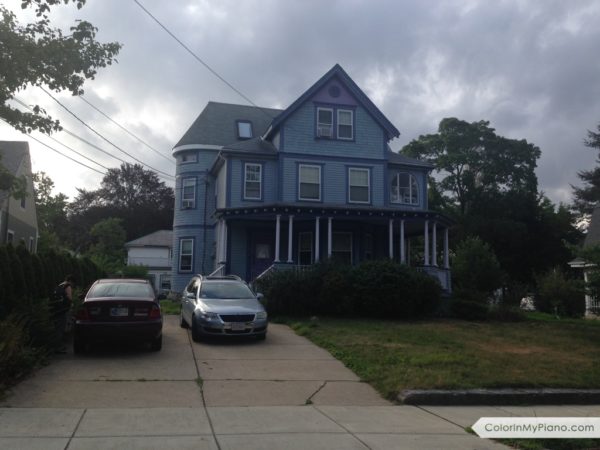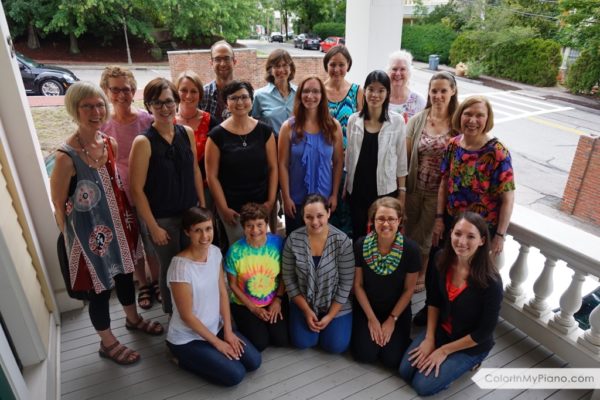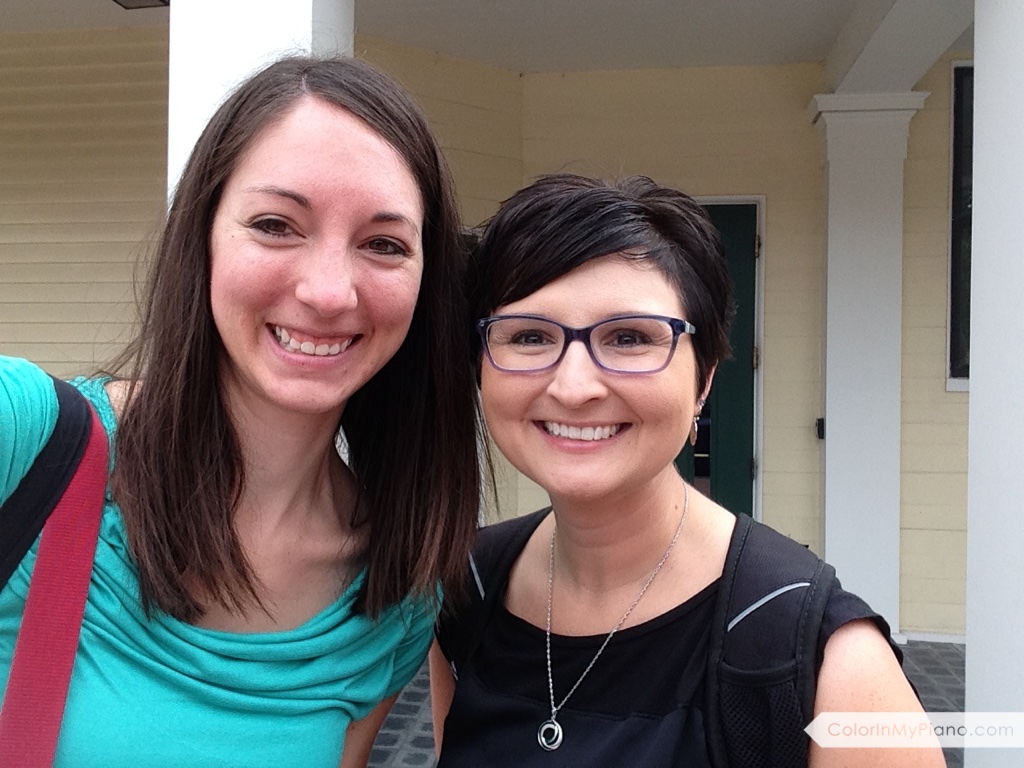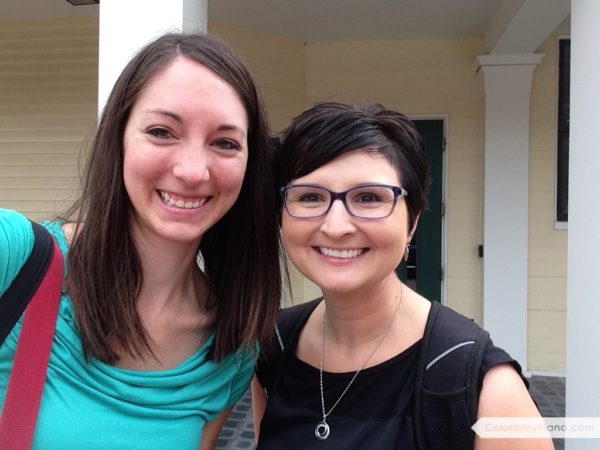Just a quick post today!
First, congrats goes to Angie, Martine, and Gwenn R., the randomly chosen winners of the music mask giveaway! Winners, please check your inbox for an email from me. Thanks goes to everyone for posting your entry comments and sharing about how life is going for you in your neck of the woods during this time! I appreciate hearing from you.
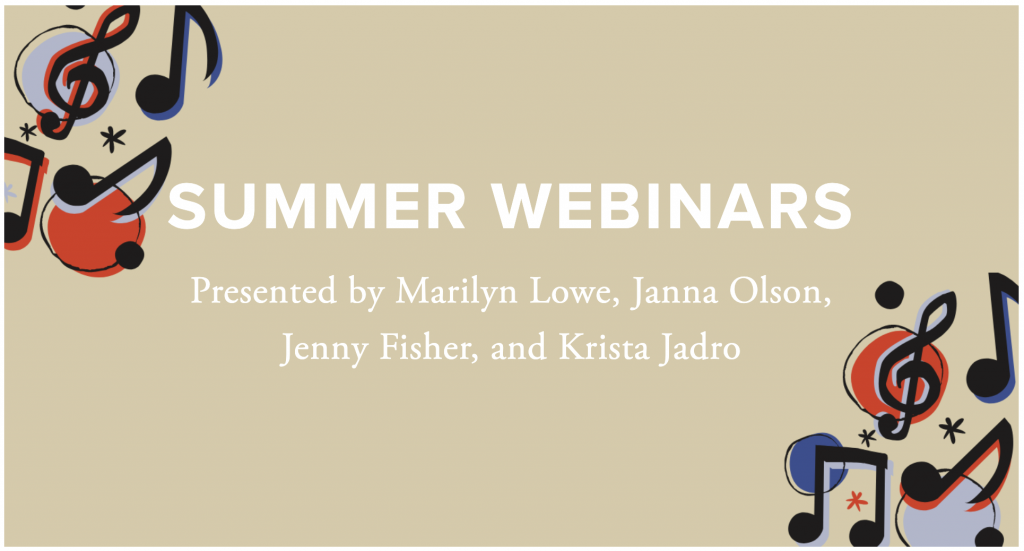
Second, I wanted to let you know about a webinar series you might be interested in. Four of the piano faculty from the Gordon Institute for Music Learning are teaming up to offer a series of six webinars about Music Learning Theory and piano instruction during the week of August 10, 2020. The presenters, Krista Jadro, Janna Olson, Marilyn Lowe, and Jennifer Fisher, are making the webinars available singly and as a discounted bundle. If you aren’t available to watch the webinars as they air live, you’ll have the opportunity to watch replay videos afterwards over the next two months. Click here to check out the rest of the details. I’m excitedly looking forward to watching this webinar series.
I hope you’re all having a great week!


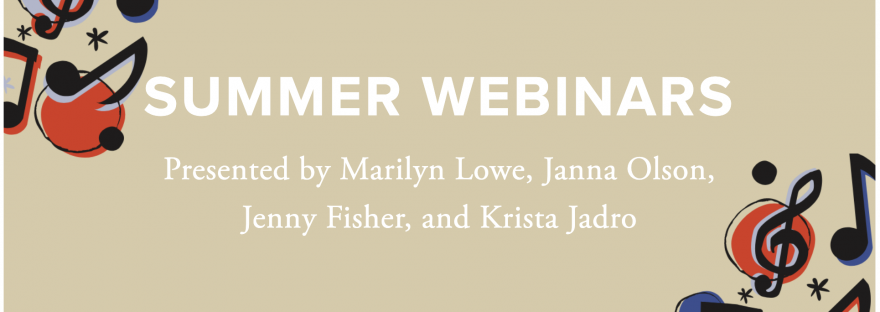
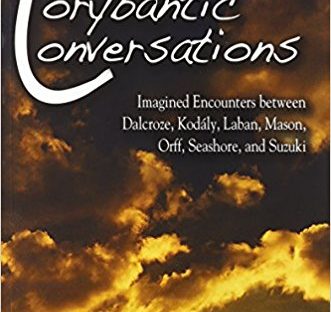
 Over the past few of years, I’ve been reading my way through a handful of the dozens of books written by Dr. Edwin E. Gordon (1927-2015), thinker extraordinaire in the realm of
Over the past few of years, I’ve been reading my way through a handful of the dozens of books written by Dr. Edwin E. Gordon (1927-2015), thinker extraordinaire in the realm of 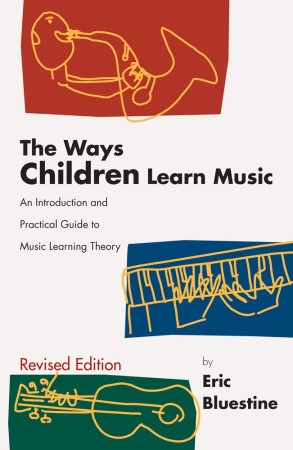
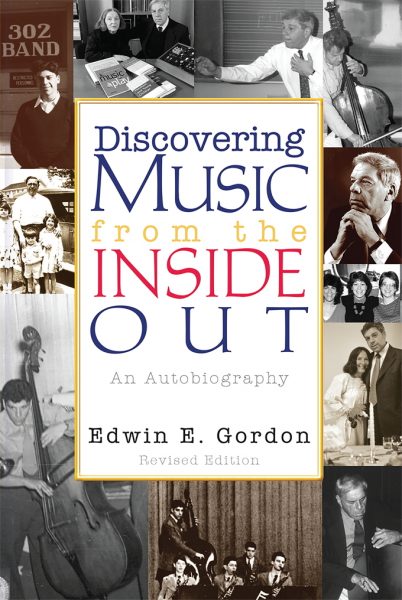 Discovering Music from the Inside Out: An Autobiography – Revised edition, by Edwin E. Gordon
Discovering Music from the Inside Out: An Autobiography – Revised edition, by Edwin E. Gordon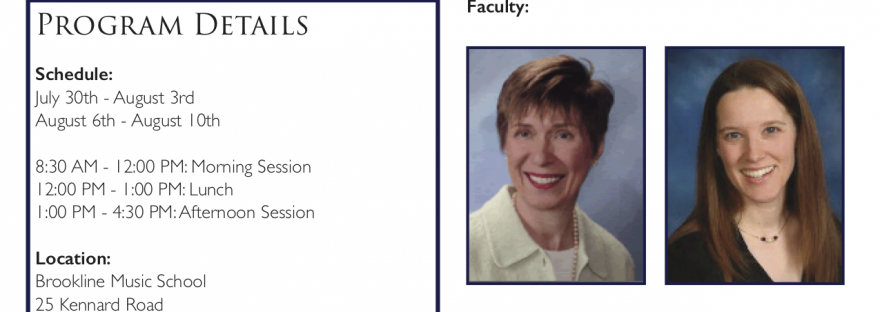
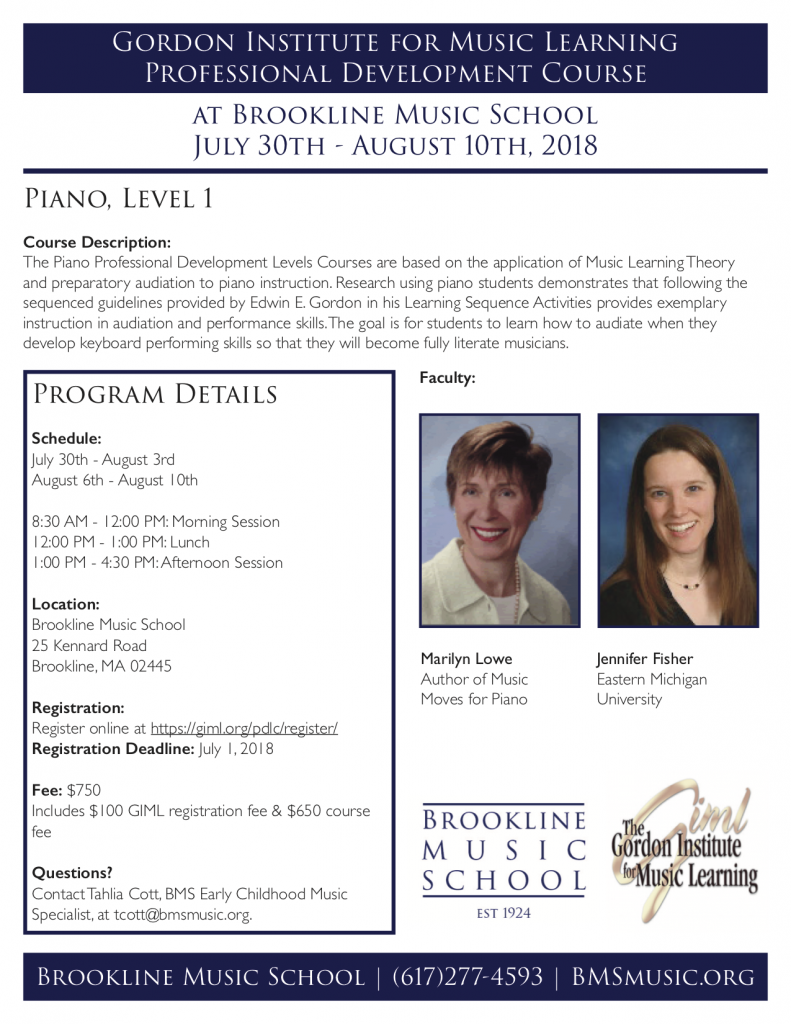
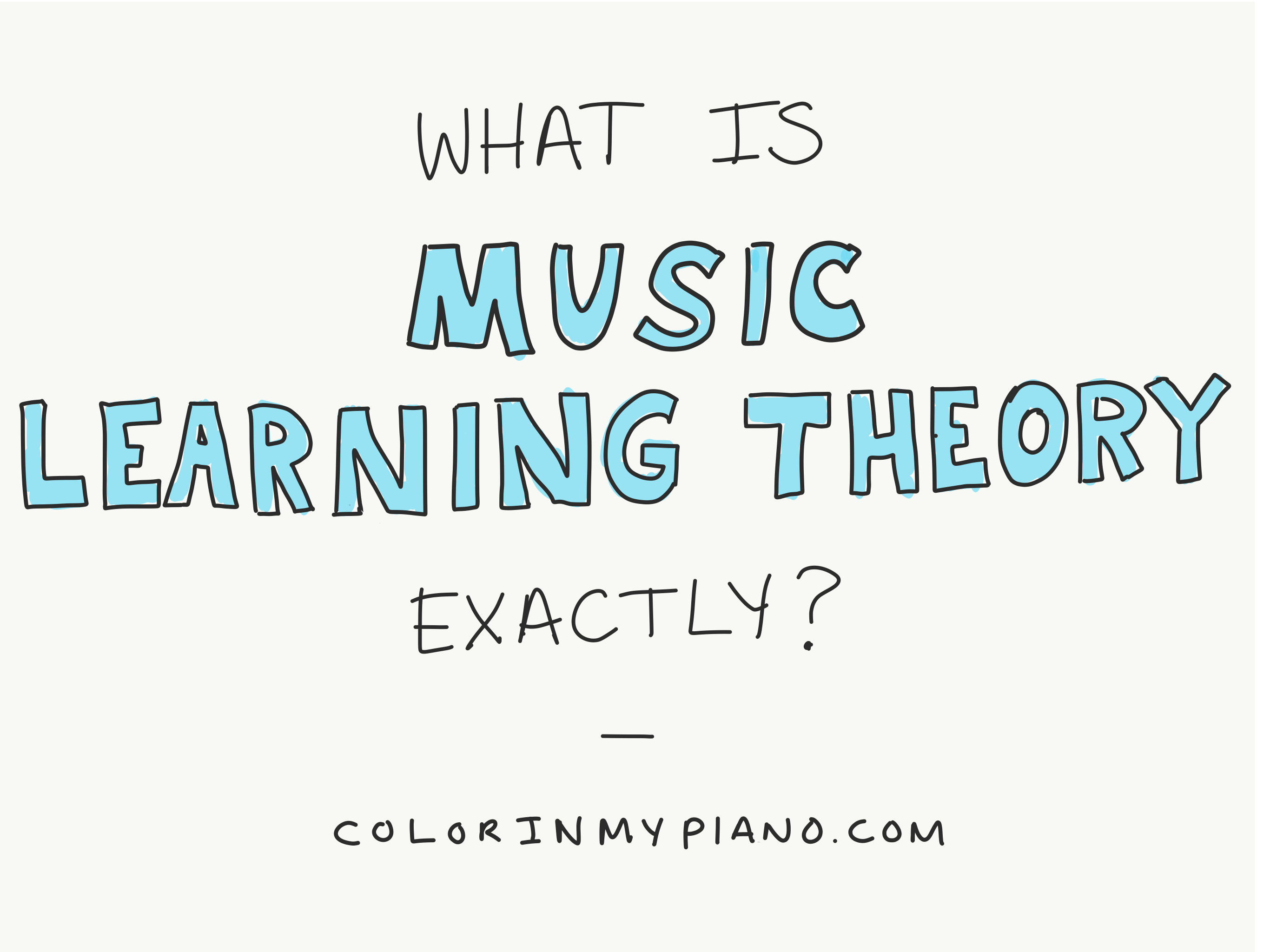

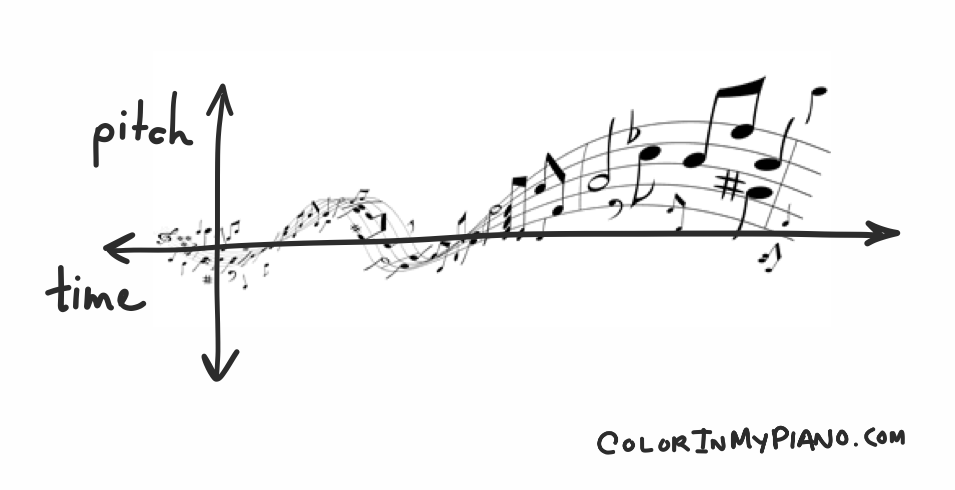
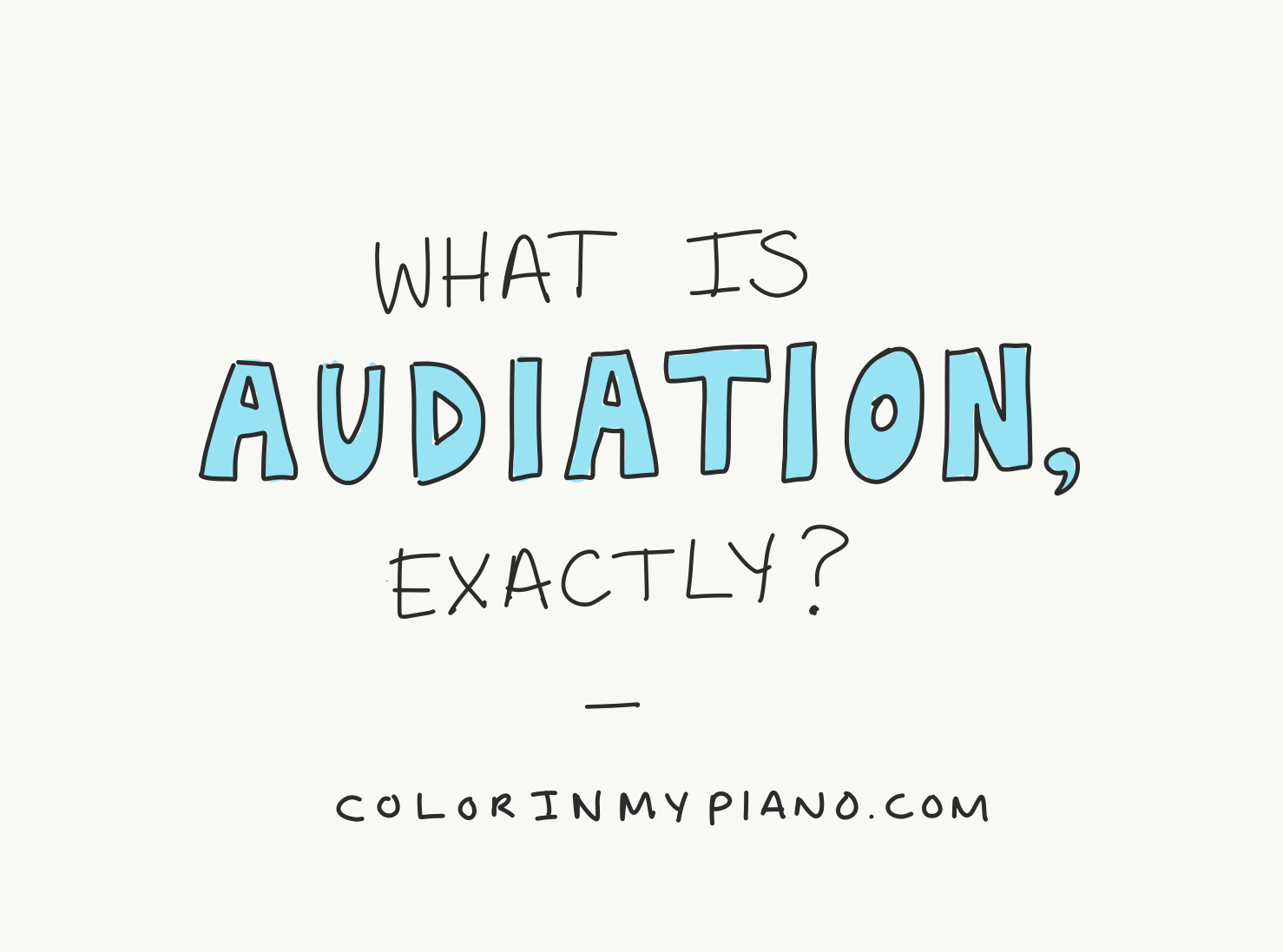
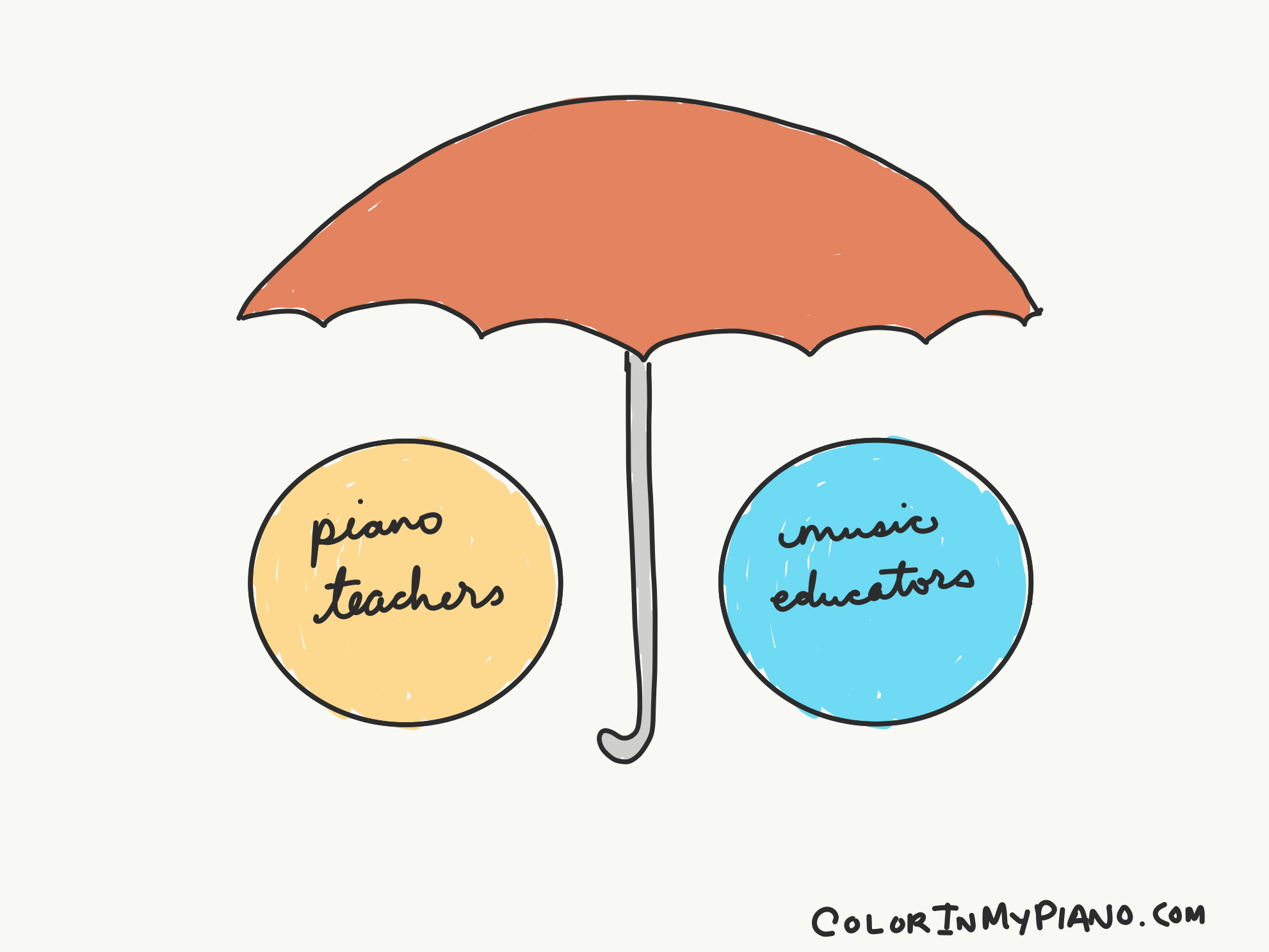
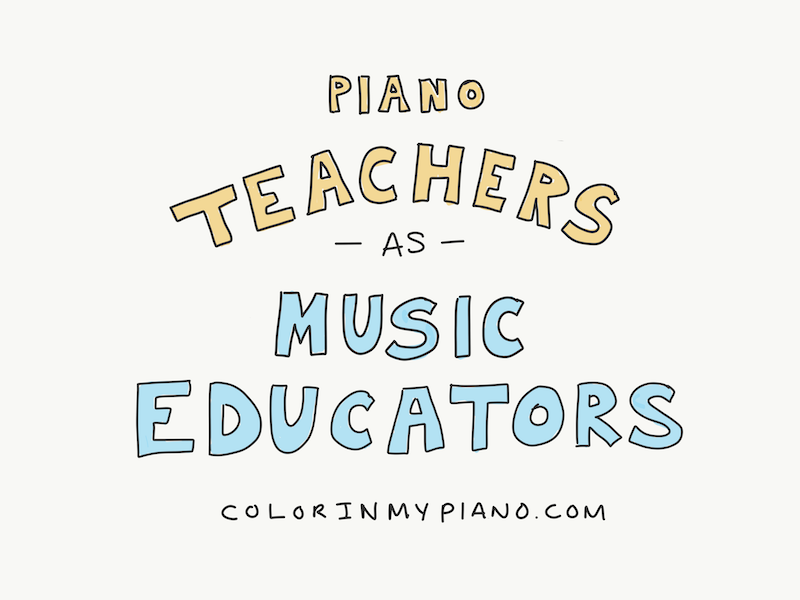

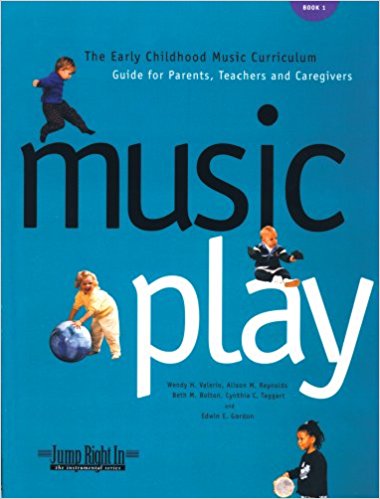
 The second opportunity arose when a local violin teacher reached out to me asking about lessons for her 4-year-old son. Ultimately, we settled on having a weekly 30-minute group class with her son as well as her two other young children. The five of us are exploring music together using the
The second opportunity arose when a local violin teacher reached out to me asking about lessons for her 4-year-old son. Ultimately, we settled on having a weekly 30-minute group class with her son as well as her two other young children. The five of us are exploring music together using the 